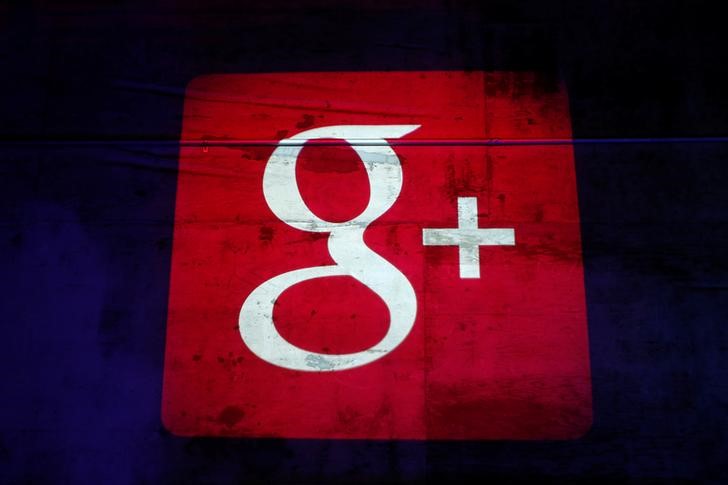This post was originally published on this site
https://i-invdn-com.investing.com/trkd-images/LYNXMPEJ930RJ_L.jpg
The upgrades to the Pixel phones – popular with photography enthusiasts and consumers who prefer the stock Android experience – could make them more attractive to shoppers planning their holiday season purchases.
Google beefed up the Pixel line up with its latest mobile processor, Tensor G3, which brings several machine learning and generative AI models natively on the device.
The AI features can help users with photography, summarizing web pages and blocking out spam calls, executives said at Made by Google event in New York on Wednesday.
The higher-end Pixel 8 Pro gets a temperature sensor. Google has filed an application with the Food and Drug Administration to enable the Thermometer app to take body temperature.
Pixel 8 starts at $699 and Pixel 8 Pro at $999, $100 pricier than the previous generation models. They will be available from Oct. 12.
“Google was clearly focused on driving the mobile AI message in today’s event and having AI on the device/client will be a big topic for the industry going forward,” said IDC analyst Ryan Reith.
“If supported by strong marketing, Google could drive higher market share with this lineup, specifically in the U.S.”
Last month, Applelaunched a new series of iPhones that included a new titanium shell, a faster chip and improved video game playing abilities.
The biggest surprise with the iPhone 15 was that it did not raise prices, reflecting the global smartphone slump.
Google Pixel globally ranks 12th in terms of shipments, with a 0.9% share, according to IDC.
The United States is the largest market, accounting for roughly 39% of Pixel’s worldwide shipments, followed by Japan at 29% and the UK at 9%, according to IDC.
Google also announced plans to add generative artificial intelligence capabilities to its virtual assistant, allowing it to do things like help people plan a trip or catch up on emails and then ask follow-up questions.
The company launched Google Watch 2, an upgrade over the first smartwatch launched in October last year, starting at $349. It gets a digital crown and advanced health tracking features powered by AI.

